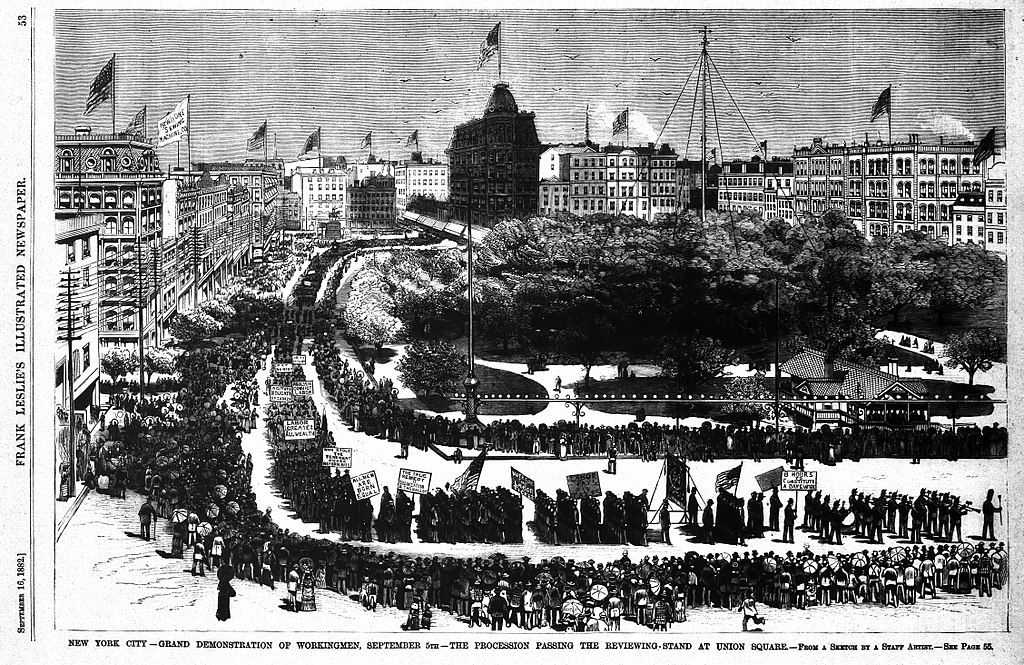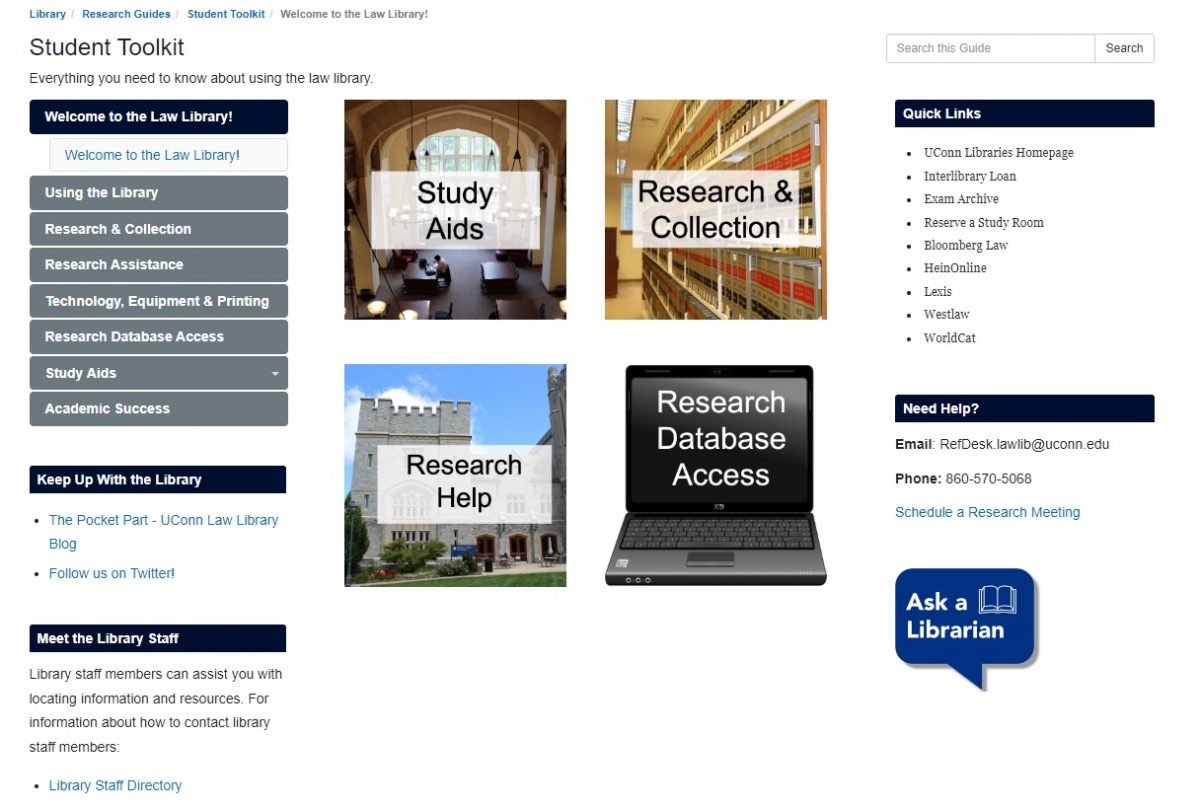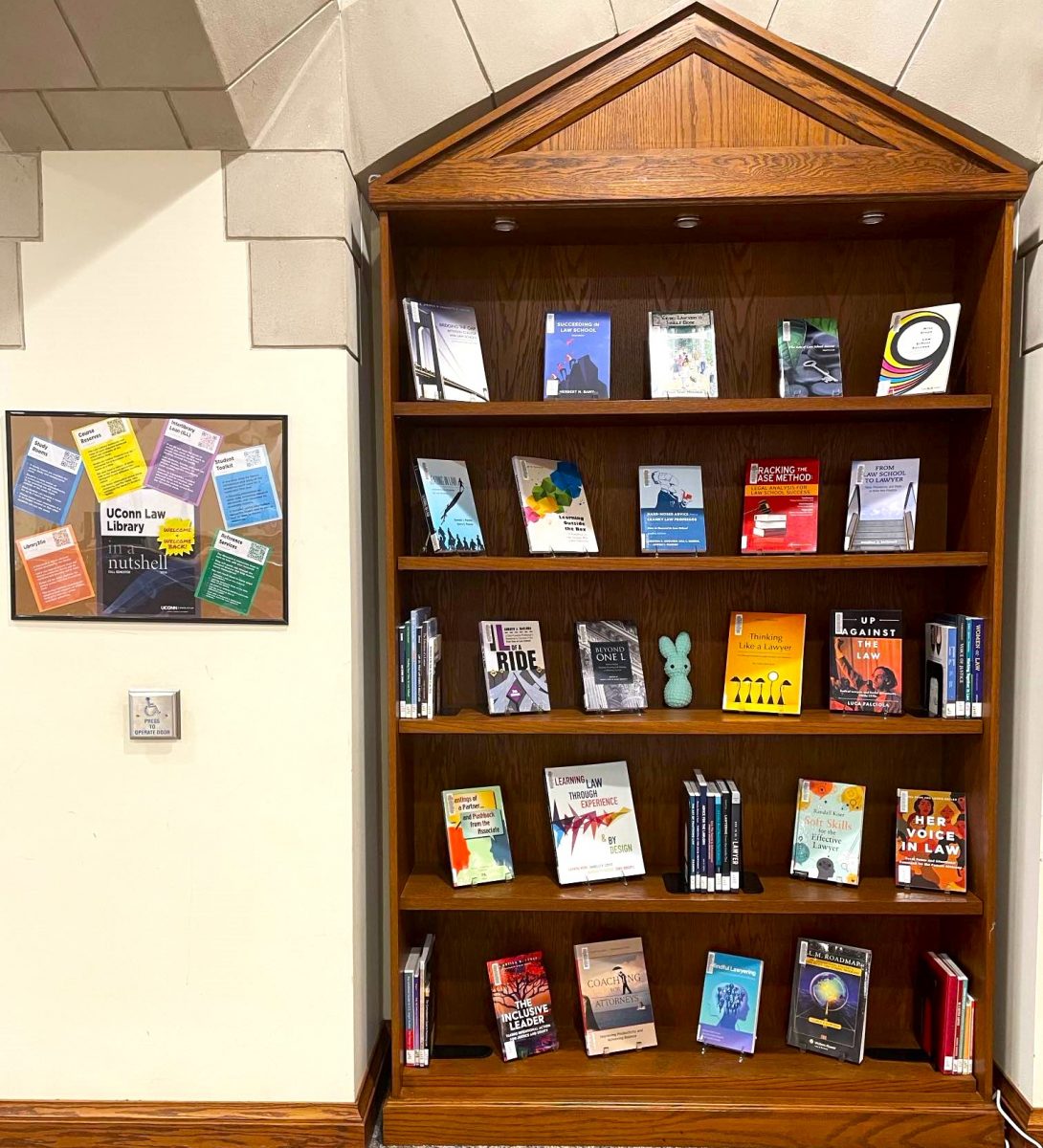Congo Week will be recognized on UConn Law’s campus for the second consecutive year. Observed October 13-October 19, it’s a week of activities that supports the people of the Congo by raising awareness of Cobalt mining and the interrelated conflict in the Democratic Republic of The Congo. Congo Week is brought to you by BLSA (Black Law Students Association) in collaboration with HRLA (Human Rights Law Association), PILG (Public Interest Law Group), EELS (Energy and Environmental Law Society), ULBC (UConn Law Basketball Club) and The UConn Law Library.

Guest blogger Toni-Ann Gayle launched the first ever Congo Week in 2023 and has spearheaded the event again for 2024. She shares her perspective on Congo Week and what it means to her:
I’m so excited that we will be recognizing Congo Week for the second year in a row on campus! This year, we are extremely fortunate to be partnering with UConn undergrad to ensure that students in the undergrad can watch some of the events and know what is taking place on the law school campus. We are also partnering with Adelphi University and sitting in on one of their events!
This year, we were intentional in making Congo Week activities even more accessible for our day and evening students. Here are just a few examples:
Scavenger Hunt
This will be available for participants throughout the week, so both day and evening students can participate,
Library Display
Books covering Congo’s history and mineral rights are on display in the library are of course, available to check out.
Congo on Campus : A Live Conversation with Congolese Cobalt Miners
Our main event on Wednesday, which features cobalt miners from the Congo will be recorded and available in person as well as virtually, and on Thursday, we will be having 2 events both of which are virtual (with watch parties in person) – one of which is during the traditional lunch hour for day students, and another which is in the afternoon and is accessible to evening students.
Perhaps what I am even more excited about is, well, two things: first, that students get the opportunity to directly ask questions which will be answered by the miners themselves, and second, our basketball game on Saturday which will be in collaboration with ULBC where we will be encouraging students to donate to causes of their choice which benefit people in the Congo!
Buckets 4 Congo (Basketball Game)
Held in collaboration with ULBC – we will be encouraging students to donate to causes of their choice which will benefit people in the Congo!
Community
 This year, we were very intentional about the community aspect of Congo Week (as it is a community service project at its core) and we have partnered with organizations in the community such as YACO International’s African Community Resource Center to assist Congolese migrants in the surrounding community with various immigration needs, and even the food we are getting is from an organization that supports refugees and asylum seekers from a number of countries, Congo being one of them.
This year, we were very intentional about the community aspect of Congo Week (as it is a community service project at its core) and we have partnered with organizations in the community such as YACO International’s African Community Resource Center to assist Congolese migrants in the surrounding community with various immigration needs, and even the food we are getting is from an organization that supports refugees and asylum seekers from a number of countries, Congo being one of them.
Congo Week this year promises to be even better than last year, and this is because we have a team of dedicated people on board working around the clock to ensure that each day is intentionally planned with the cause at the forefront, and that each day is designed to accommodate as many students (and faculty) as possible!
I am excited that students will get the chance to learn about the plight of the Congolese people through various forms, and I am even more excited for the thoughtful discussions that will take place – we tried very hard to ensure that there is something for everyone – from watching films to playing basketball, we want to ensure that everyone knows that there is something that they can do!
As this is my final year at UConn, this year’s Congo Week is a bit emotional for me, as it will be the last time that I am planning and executing this event. However, I am confident that the baton will be passed to competent hands who will make the event even better for years to come. I hope that everyone can come out and support in any way that they can!






